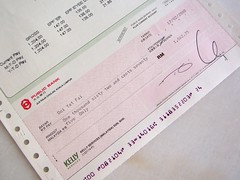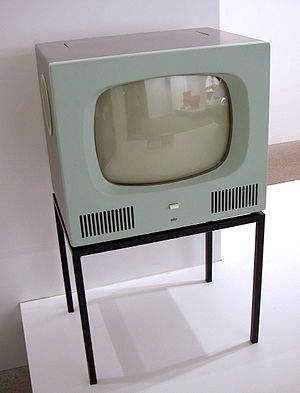If you’ve got your debt paid off, or at least paid down enough to start thinking about using your money for the future instead of the past, it’s time to consider investing your money. If you invest your money, it can grow and start building wealth for you, preferably without your active intervention. Passive income is the best income.
Before you invest in anything, you need to understand the investment completely. In the words of Dave Ramsey, you need to own the investment. There are some questions to ask to get to that level of understanding.
What kind of return can you expect? Will the income come from renters, dividends, or interest? Is the income reliable?
How risky is the investment? Generally, more risk comes with the potential for more income, but that is merely potential. It’s called risk for a reason. If your renters leave, can you make the payments on the property? Will you be financially devastated if the investment tanks? Companies like Standard & Poor’s rate the risk of corporate and municipal bonds.
How liquid is it? How hard will it be to get your money out of the investment? Stocks and bonds can usually be sold at will, but CDs and IRAs almost always come with restrictions. Property requires a seller before you can get your money back out.
Is there a tax advantage? Some investments, like U.S. Savings bonds and municipal bonds, are exempt from varying levels of taxes. Others, such as some IRAs, allow your wealth to grow tax-deferred and can, in some cases, be withdrawn tax-free. Other investments, like a 401k paid out of pre-tax income, can lower your taxable income and actually increase your take-home pay while building your retirement fund. Do you understand the 401k alternatives?
When you are looking at an investment vehicle, make sure it is legitimate. Don’t believe get-rich-quick promises and always back away from high-pressure sales tactics. Always take the time to investigate your investments.





